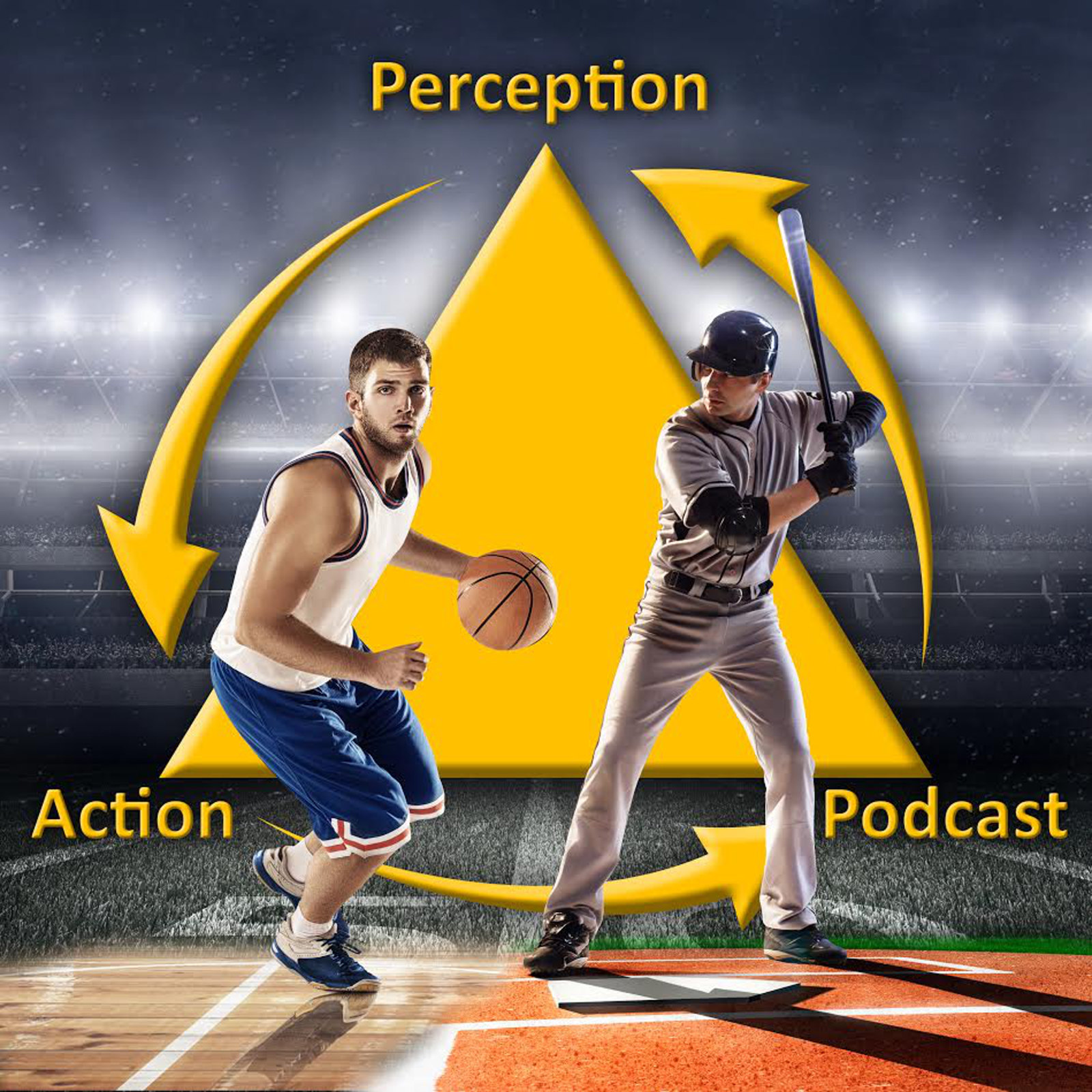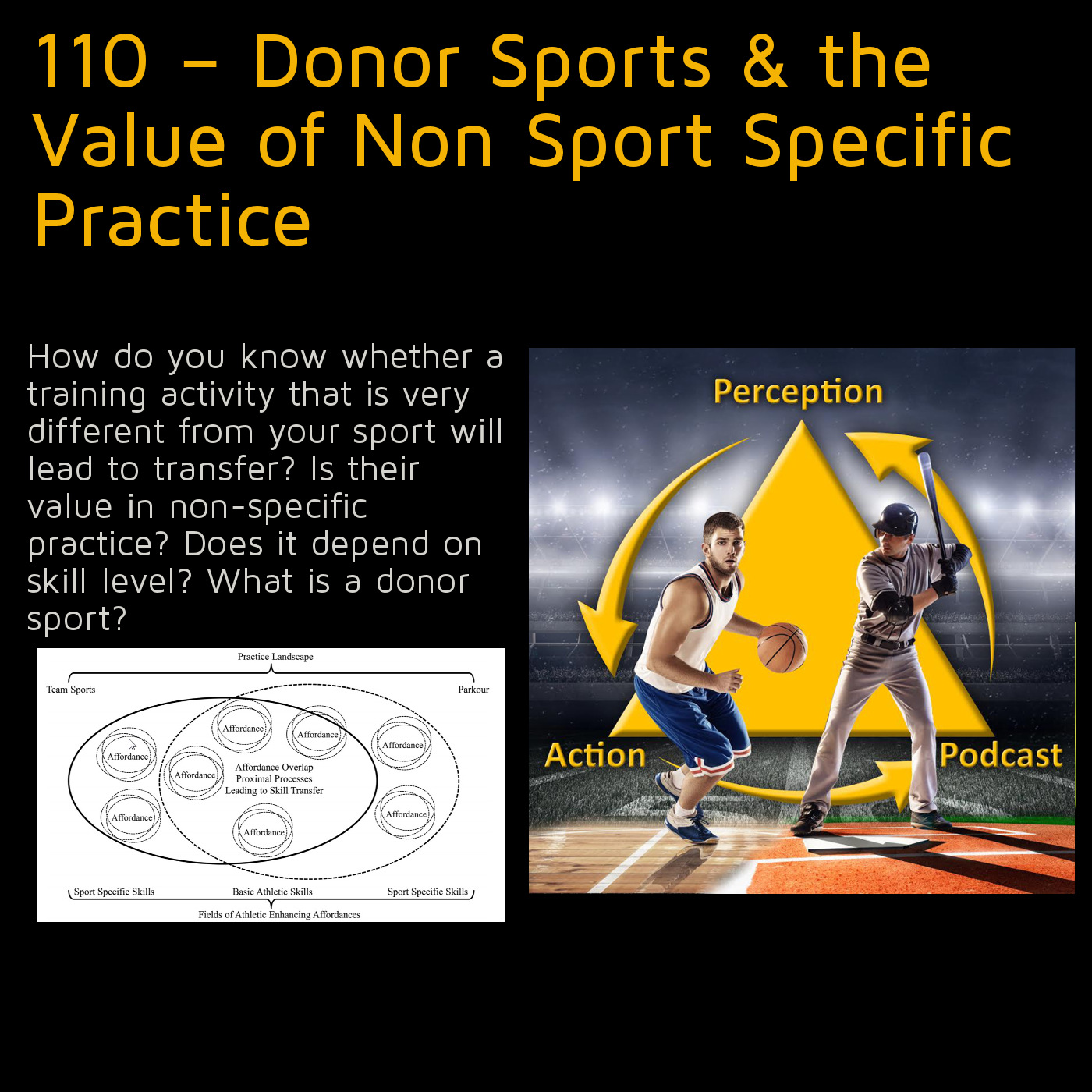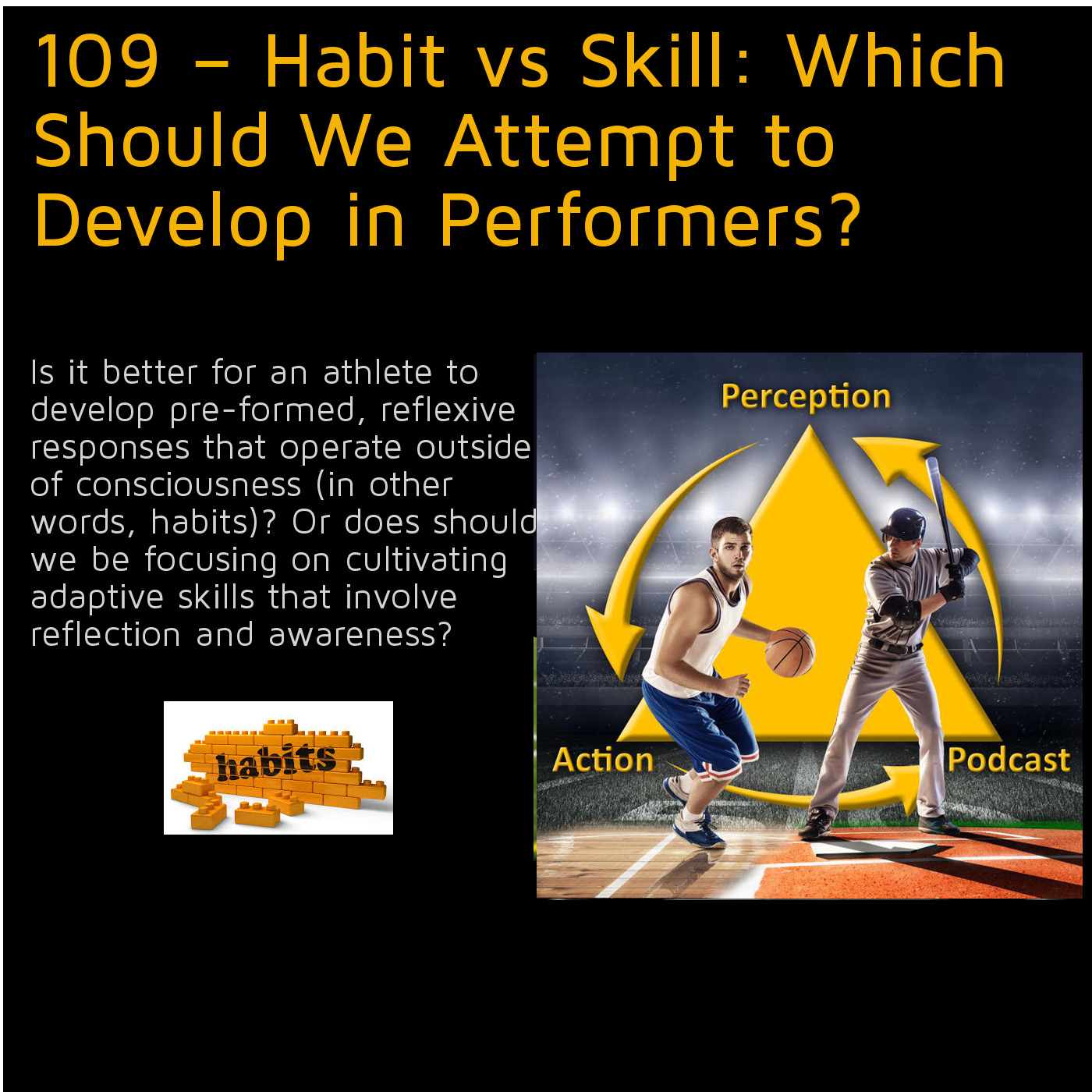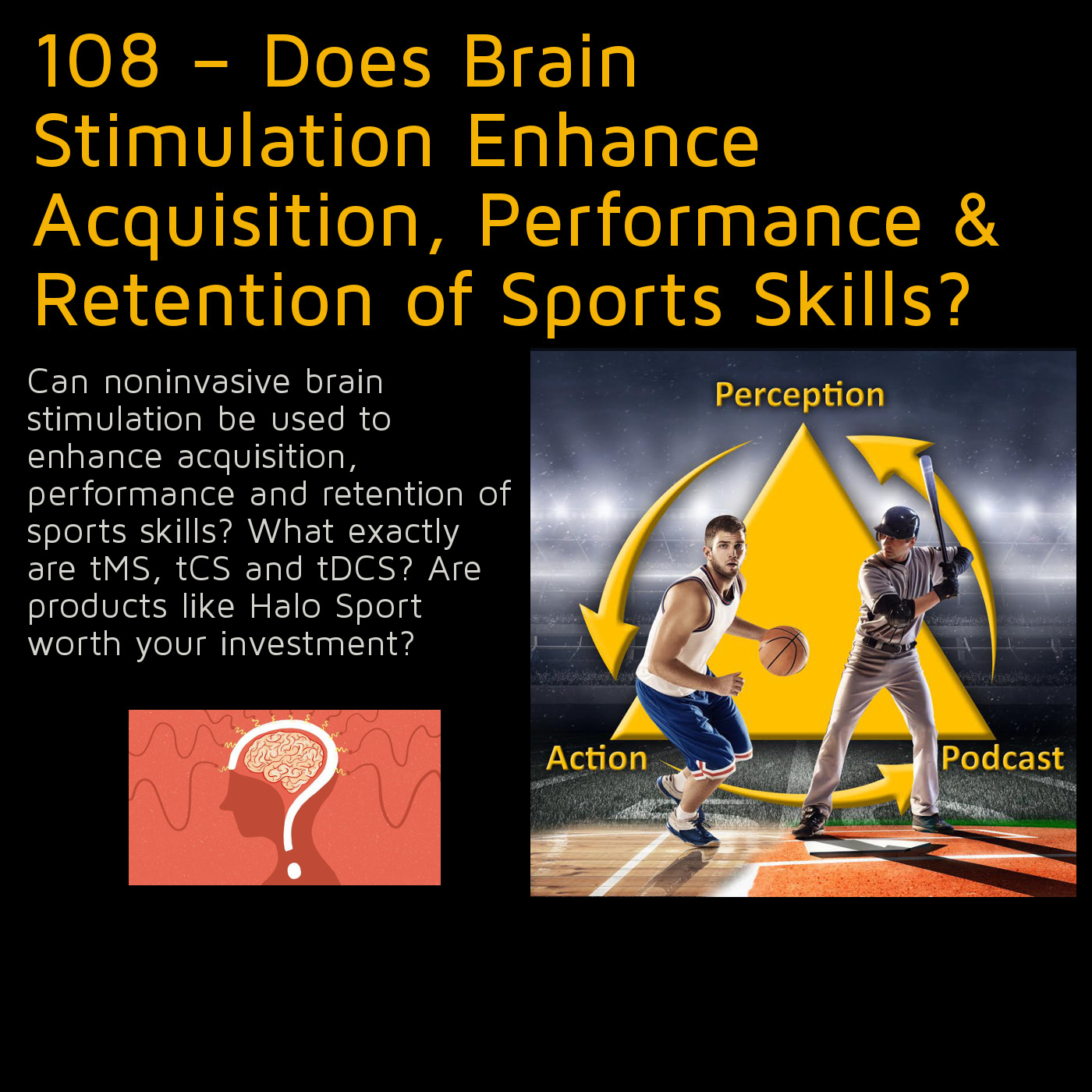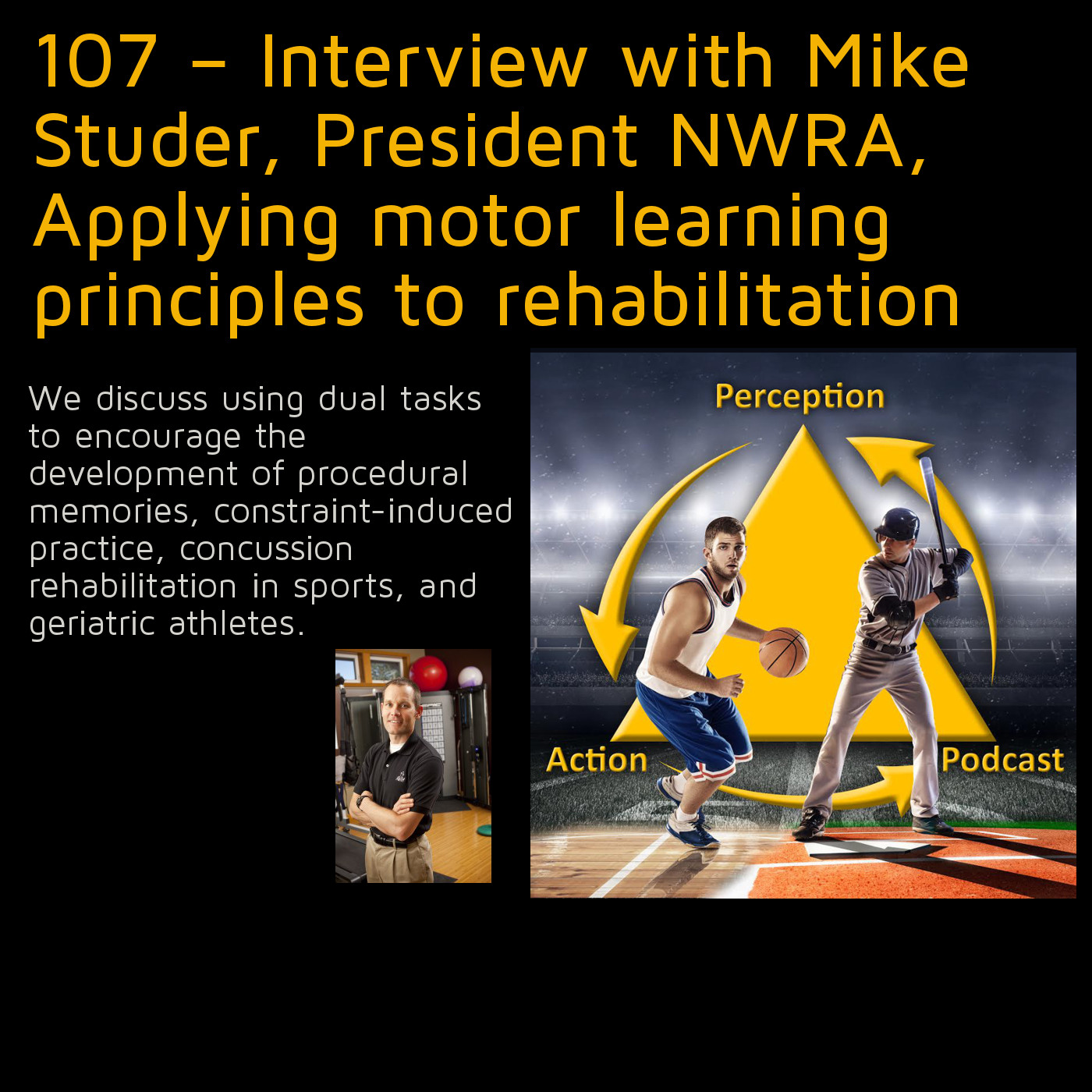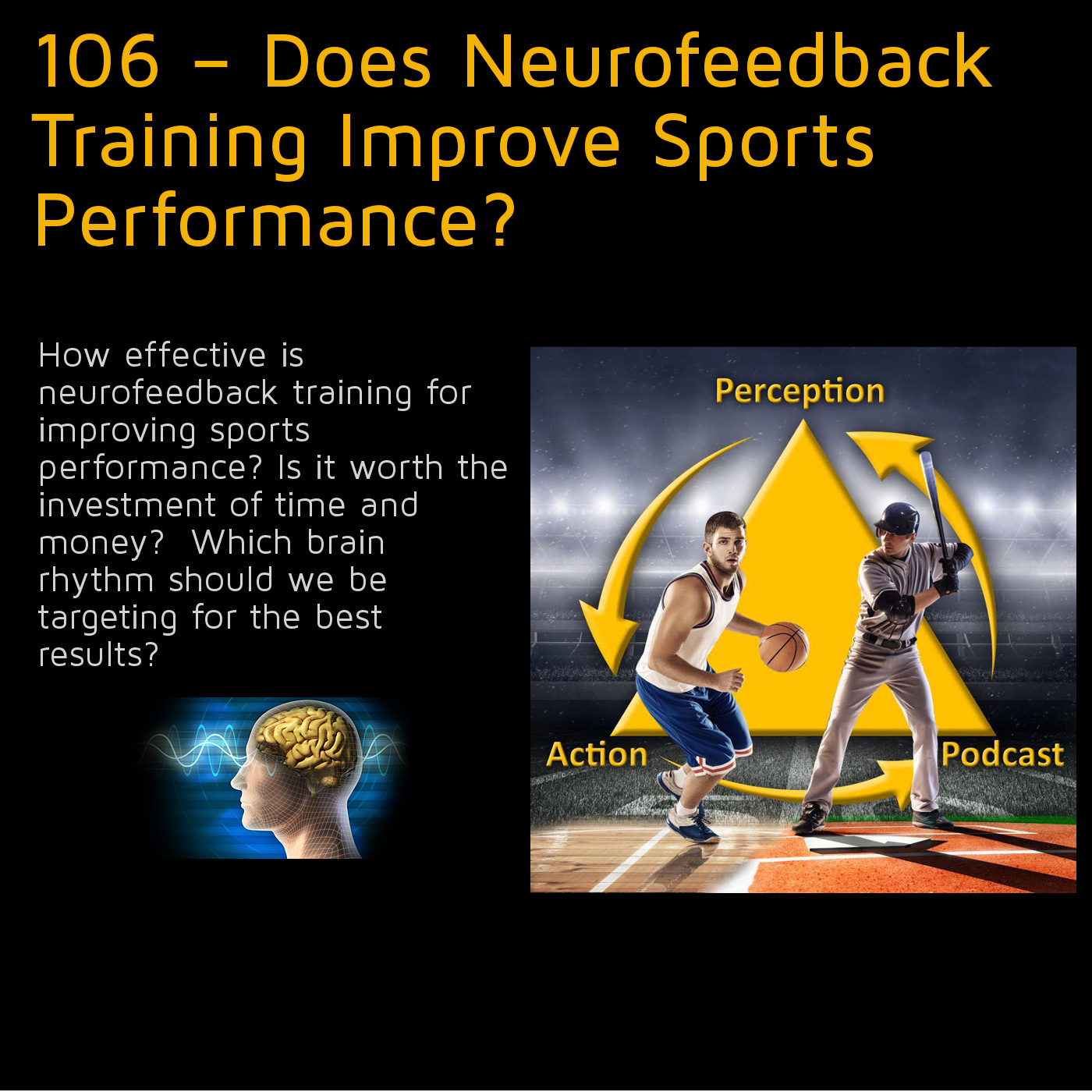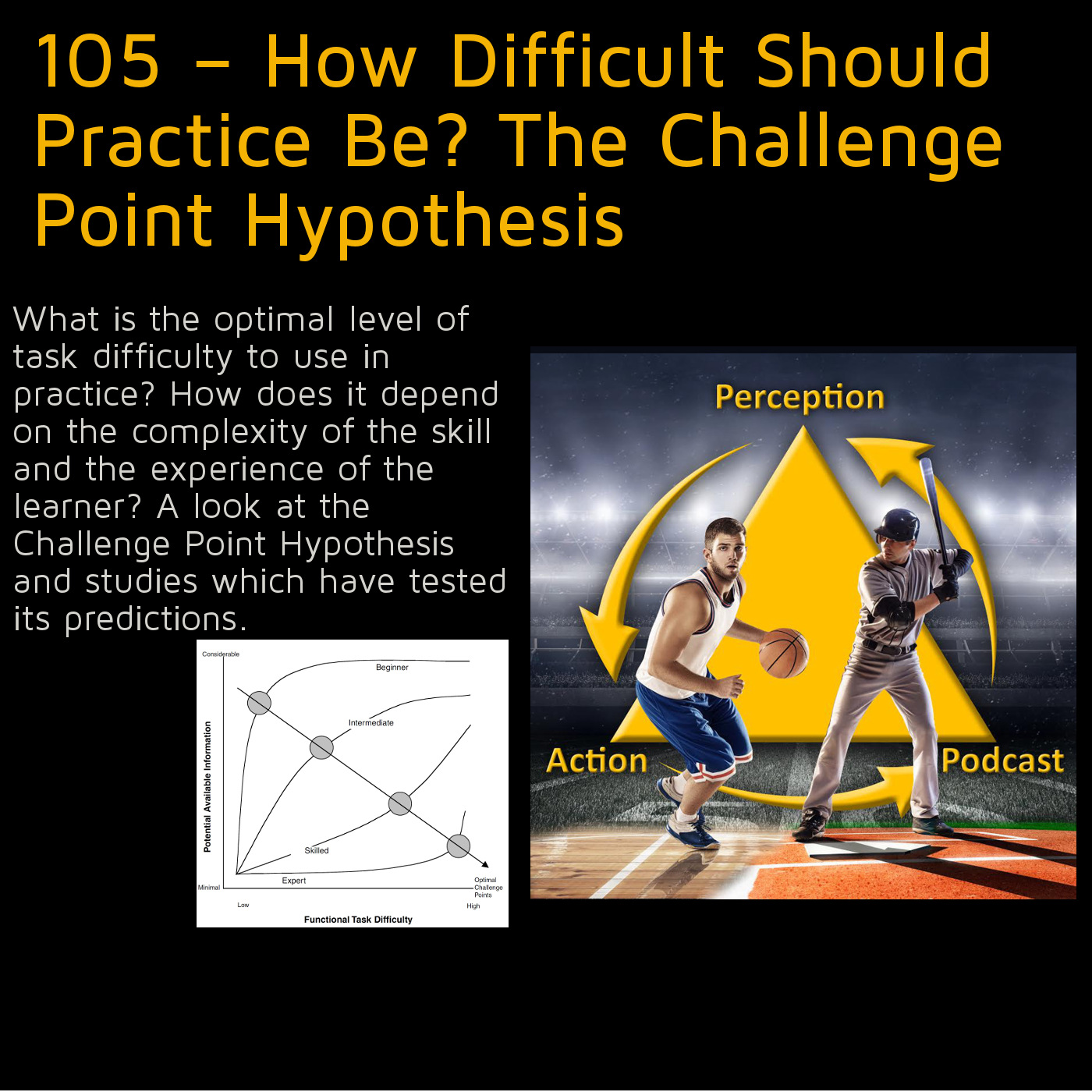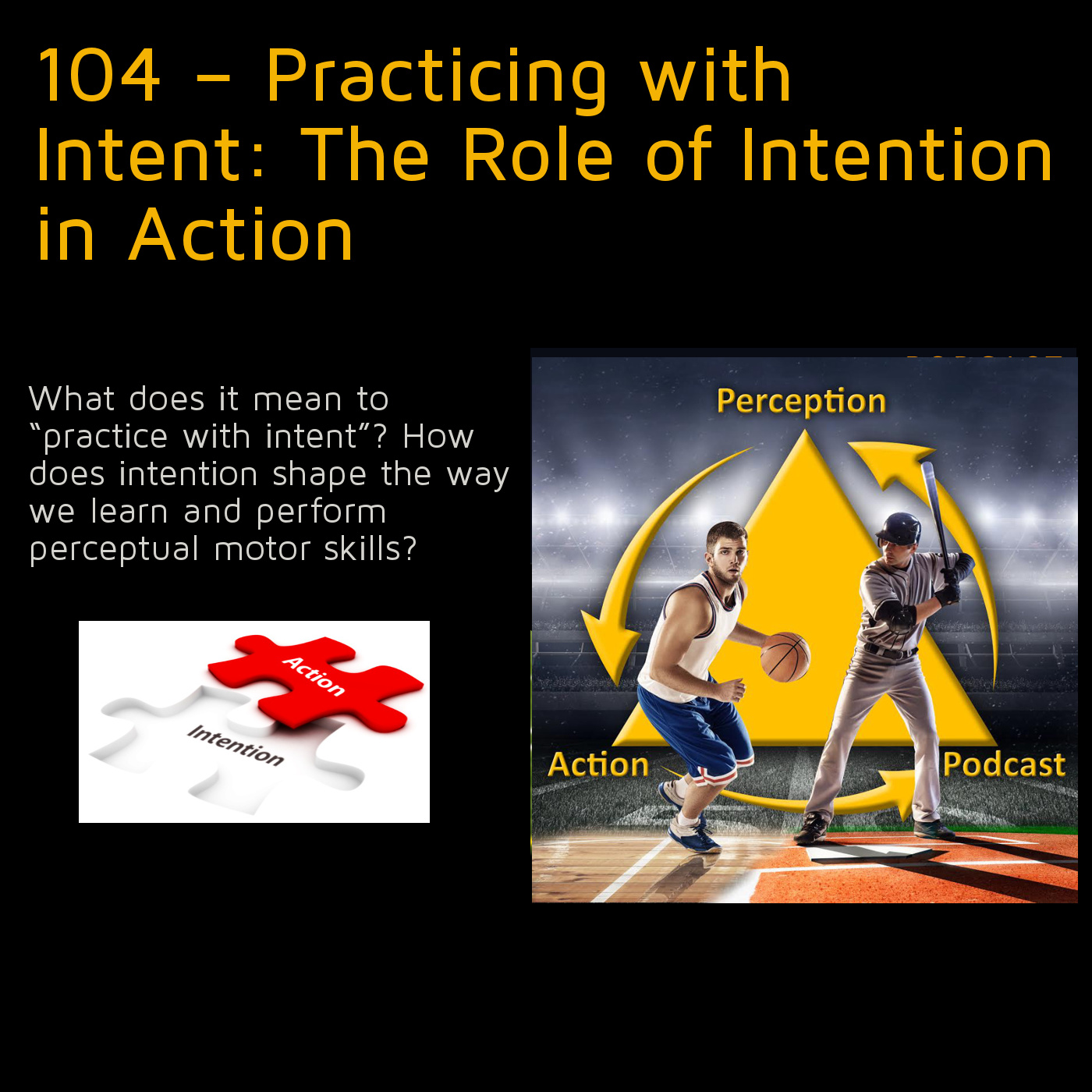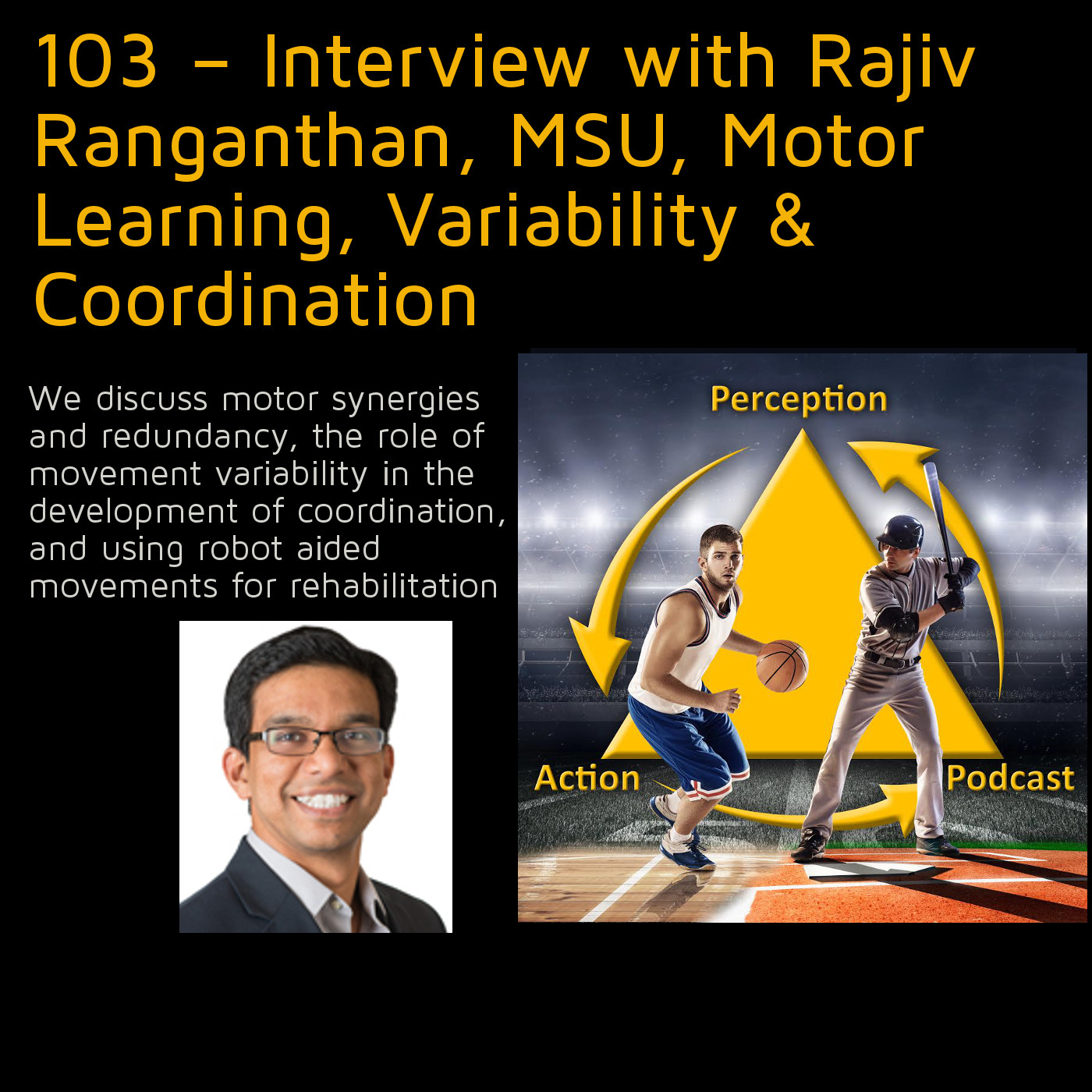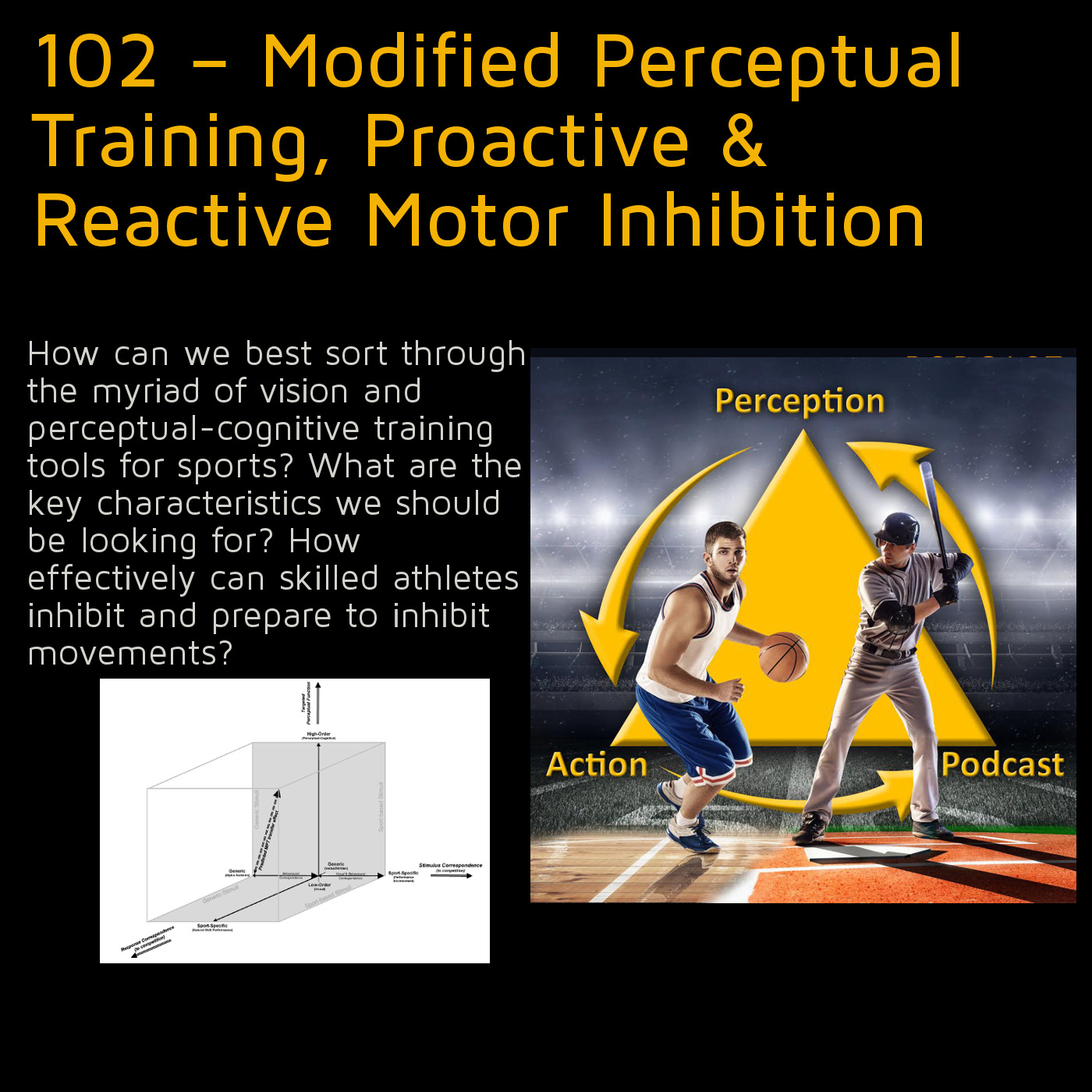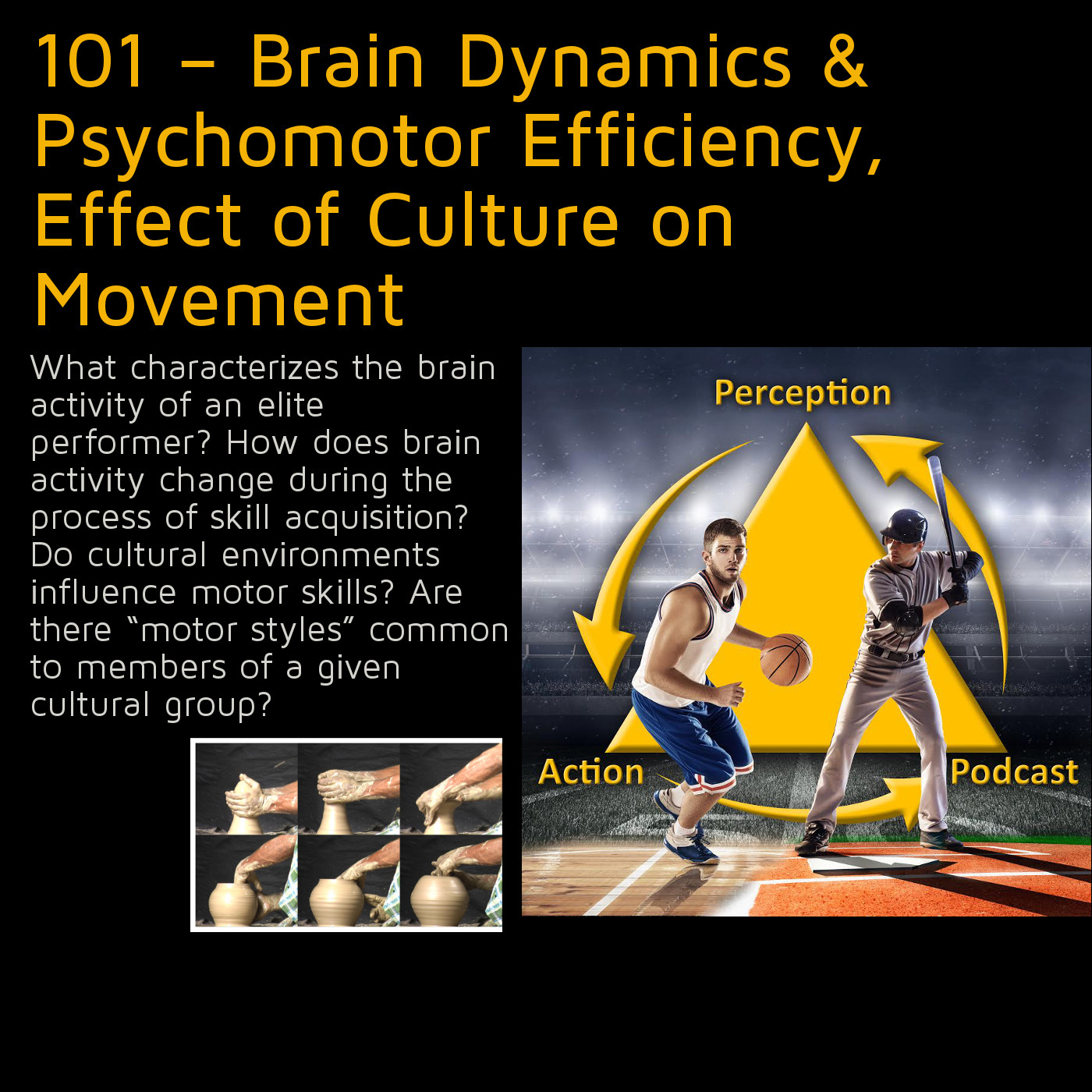110 – Donor Sports & the Value of Non Sport Specific Practice
110 How do you know whether a training activity that is very different from your sport will lead to transfer? Is their value in non-specific practice? Does it depend on skill level? What is a donor sport? Download link Articles/Books: http://www.mytpi.com/articles/swing/catching_ping_pong_balls_to_improve_quiet_eye_for_golf Especial Skills: Their Emergence With Massive Amounts of Practice The NFL Combine: Does It…
Read More